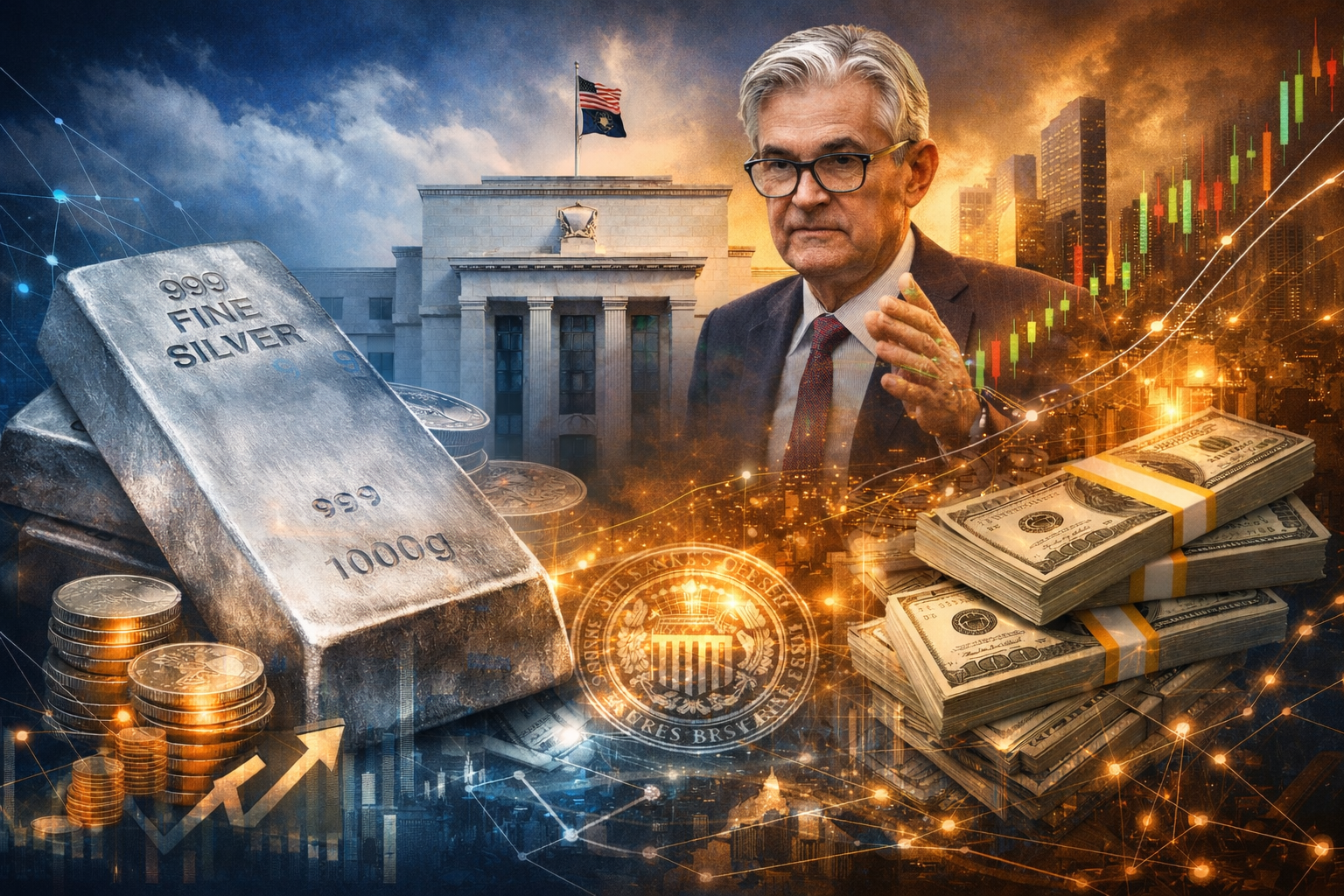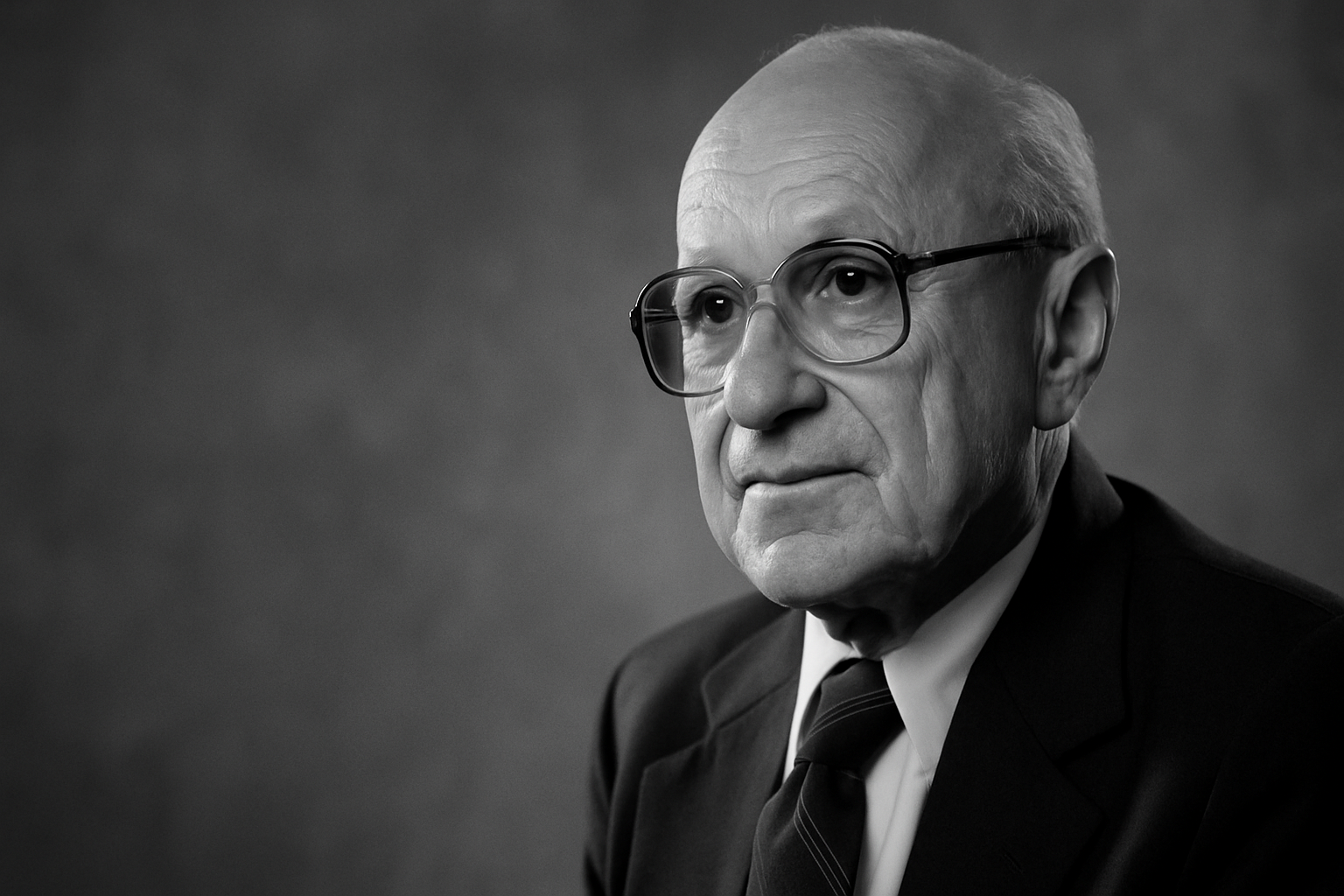The Rasputin Effect
Why We Must Stop Trusting the Wrong Things in This Market
In the early 20th century, the Russian Empire fell—not only because of war or revolution, but because of misplaced trust. At the center of this collapse was a mystic named Grigori Rasputin, whose influence over the royal family grew quietly, dangerously, and fatally.
He wasn’t elected. He wasn’t trained. He wasn’t even well understood. But he was believed.
He promised healing to the Tsar’s gravely ill son. He delivered calm when the empire trembled. And he gave the illusion of control in a world spinning out of it. Rasputin became indispensable—not because he was effective, but because he made people feel safe.
That feeling, as history shows us, can be deadly.
The Modern Mystics of the Market
Fast forward a hundred years, and we see the same pattern repeating in the financial world.
Investors today have placed blind faith in central banks, passive portfolios, and media soundbites. They’ve come to believe that no matter how inflated the markets become, no matter how much debt piles up, someone will always “fix it” before anything breaks. The Federal Reserve will pivot. Stimulus will return. Growth will magically resume.
This is the Rasputin Effect—when we mistake calming voices for competent leadership, and when we trust the wrong people simply because they sound certain.
But sounding certain doesn’t mean being right. And comfort is not the same as safety.
Illusion Is Not a Strategy
If you listen closely, you’ll hear the cracks forming. Commercial real estate defaults are rising. Consumer debt is exploding. Valuations in tech stocks are returning to euphoric levels. And geopolitical tension is no longer simmering—it’s boiling.
Despite all this, the market continues to march forward as if nothing can go wrong. This is not optimism. It’s denial.
The same kind of denial that ignored Rasputin’s grip on power until it was too late.
The Collapse Is Never Televised—Until It Happens
One of the most dangerous lies investors tell themselves is: “I’ll get out before it crashes.”
But when sentiment turns, it turns fast. Liquidity dries up. Bid/ask spreads widen. The exit door narrows. History teaches us this over and over again, from 1929 to 2008 to the flash crashes of recent years.
The Russian monarchy didn’t collapse gradually—it collapsed suddenly, once confidence was lost. Financial markets work the same way. And the only ones who survive these breaks are those who planned for them ahead of time.
What We Do Differently
At Bailey Financial Services, we don’t manage by guesswork. We don’t chase trends. And we don’t tell clients what they want to hear just to sound agreeable.
We tell the truth—about the risks, the cycle we’re in, and the strategies that can carry you through it. We believe this moment in history is too important to squander on complacency. And we believe that strong systems, active management, and well-reasoned diversification are not optional—they’re essential.
This is not a time for mystics. It’s a time for measured action.




